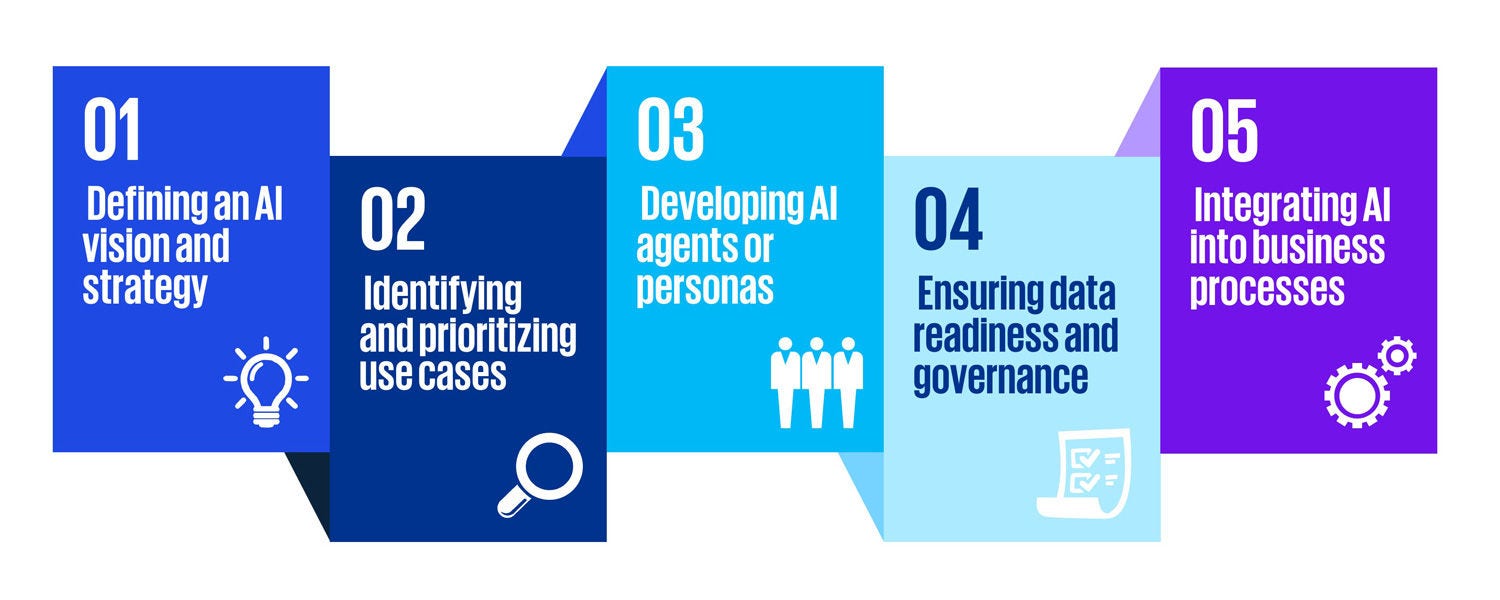Artificial intelligence (AI), and more recently, generative AI (GenAI), is rapidly reshaping the tax function, and Switzerland is no exception. As regulatory complexity grows and the pressure for real-time decision-making intensifies, Swiss tax leaders are facing a critical inflection point. From predictive analytics to intelligent document processing, AI is already streamlining tax compliance, enhancing risk management and uncovering strategic value in tax data.
GenAI further accelerates this transformation, introducing powerful capabilities in natural language processing and automation that are redefining how tax departments operate. With leading tax authorities worldwide already integrating AI into audits and administration, the urgency for Swiss tax functions to act has never been greater. Early adopters stand to gain a significant competitive edge –not just in efficiency, but in strategic influence across the enterprise.
Embrace the future of tax with AI and position your department for success.


